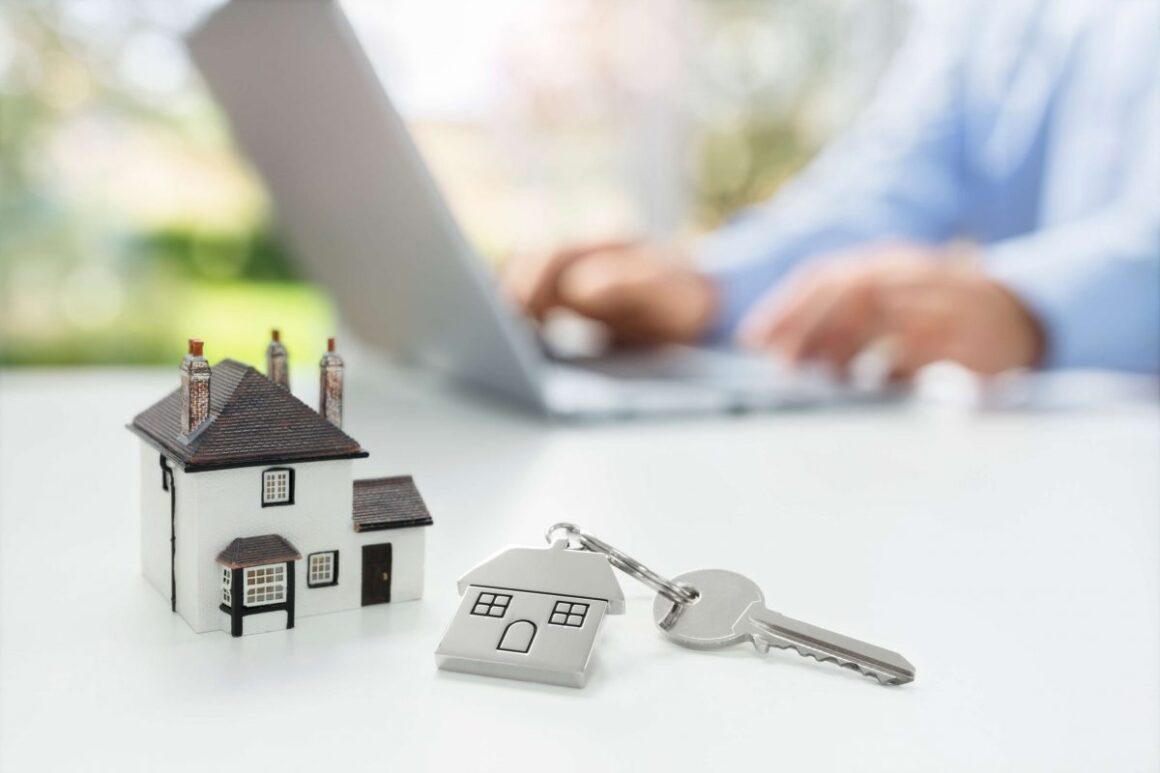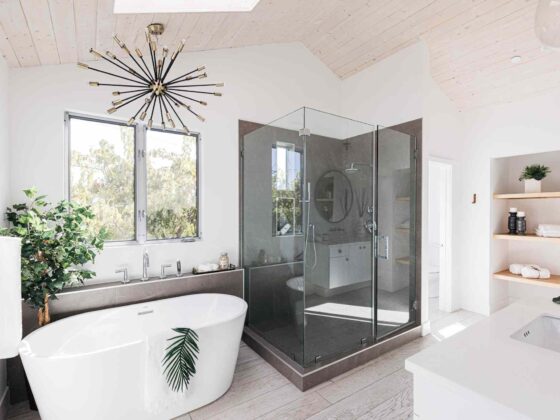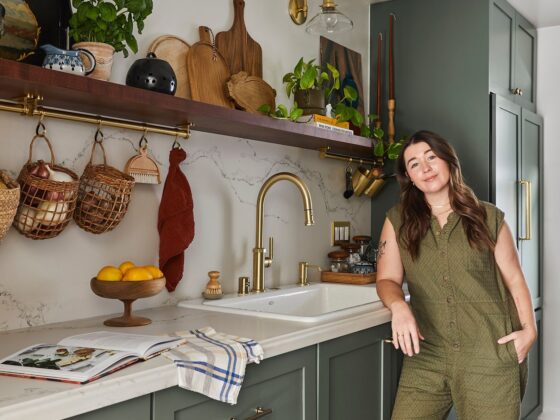Make light work of buying your first home by following this straightforward survival guide. You’ll have the keys in your hand and a smile on your face before you know it!
Navigating the Housing Market
Before you start looking at properties in earnest, take time to learn about the housing market. Examine the current trends to establish whether it’s a buyer’s market where supply is outstripping demand or a seller’s market where buyers are competing to make the best offer. That will help you understand if you need to move quickly and bid aggressively or if you have the luxury of time.
You can read recent articles and browse the available properties in your area to get an idea of average prices and how these differ in terms of property type, size, and location. This is the best way to avoid overspending or buying in an expensive area.

Preparing Your Finances
Purchasing a property is costly, there’s simply no way around that. However, preparing your finances before and during the process will minimise the hit.
Begin by exploring the mortgage options available and see exactly what you could borrow by requesting a Decision in Principle from your favoured lenders. You’ll likely need a minimum 5% deposit, and the greater the deposit you’re able to put down, the smaller your monthly mortgage repayments will be.
Having buildings insurance in place by the time you exchange contracts can be a condition of your mortgage, so research policies in advance so you’re ready. Bear in mind that choosing the right home insurance is important for your long-term financial security as a homeowner, and select a policy with good coverage.
You’ll also need to save for the extra expenses related to the purchasing process, such as survey fees and legal costs.
Selecting the Right Property
Moving house is a huge process, and not one that many people want to repeat too often in their life. Avoid unnecessary stress by doing your utmost to select the right property where you’ll be happy to settle for several years until life leads you in a different direction.
Research the neighbourhoods in the area, finding out which are most affordable, least dangerous and have amenities within easy reach. Balancing cost with safety and convenience is essential to ensuring you feel comfortable in your home. You should also research property types to identify which would suit you best, from new builds in contained developments to older houses and flats.
You could access savings of around 30% on the price of new homes through the government’s First Home scheme. This, their mod-cons and superior EPC-rating which means they’re cheaper to run makes new builds a popular option for first-time buyers. Remember that first-time buyers are exempt from Stamp Duty on all properties with a value of up to £300,000.

Making Legal Arrangements
Once you’ve had an offer accepted on a property, you need to get legal representation. The purchasing process can take anywhere from a few weeks to months, so starting as soon as possible is a no-brainer. Look at the options in your area, checking the online reviews and asking for recommendations from locals.
When you’re new to the world of homeownership, it can take a while to get your head around the conveyancing process but just trust your solicitors and estate agents to lead you through step by step. They will contact you for the information you need as and when it’s required.
The only thing you should consider arranging directly is a survey which is an independent assessment of the safety of the property. Choose between three levels of detail at different prices, and request further information from the seller about any red flags raised in the report.


